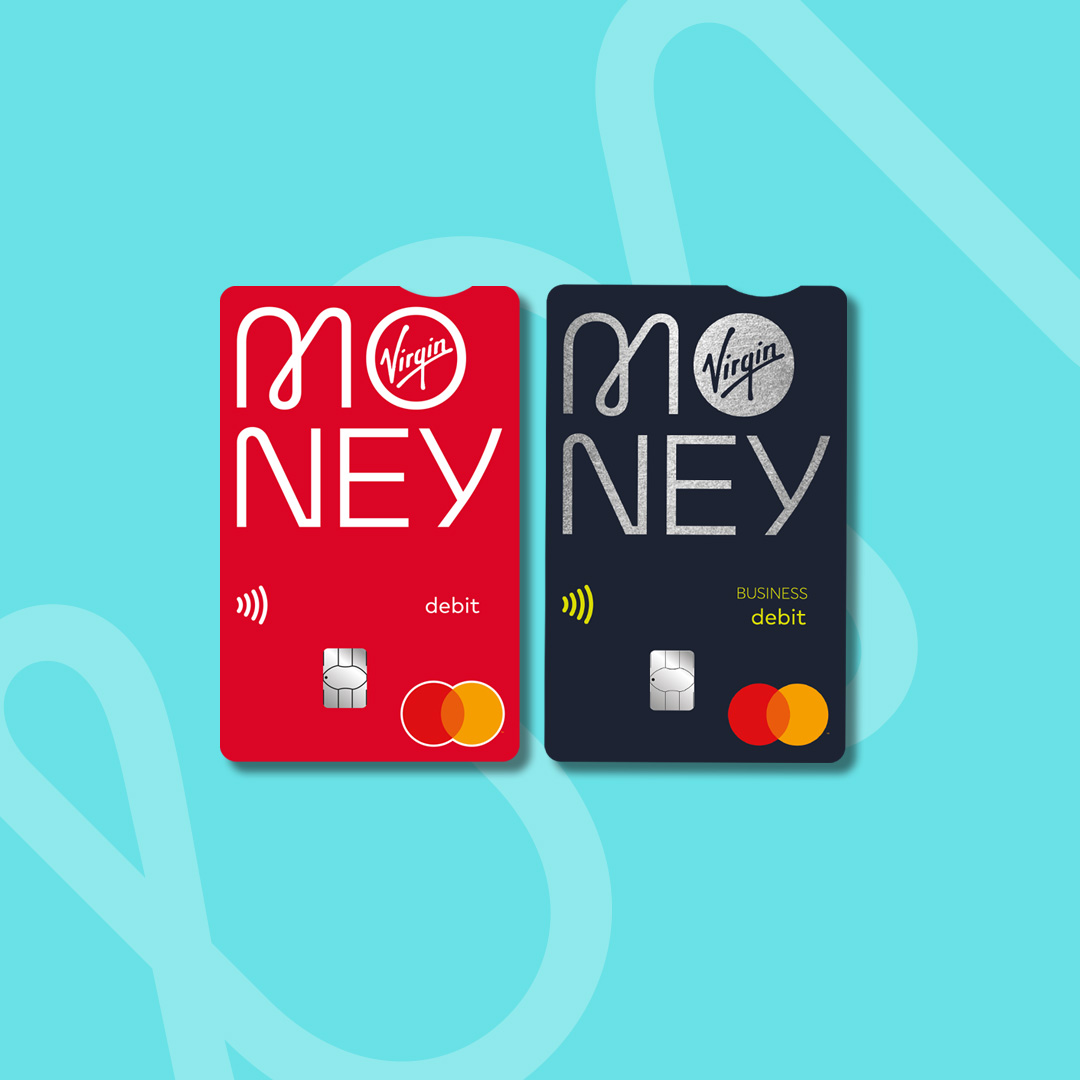What is the difference between a personal account and a business account?
New season, new business? With Winter almost behind us, it’s time to focus on new beginnings for this Spring. Amongst your goals, you might be keen to unlock the entrepreneur in you and embark on a new business venture - and with that comes some financial reshuffling. Enter the business bank account.
For new start-up owners or side hustlers, a business account may be a fairly confusing and foreign concept - one that delivers a contrasting purpose to your personal bank account, even though they are both a tool to manage your money.
So, what is the difference between a personal account Link opens in a new window and a business account Link opens in a new window? We’re to help you understand just that.
Business vs personal bank account
Learning the difference between a personal bank account and a business bank account is something you should fully grasp before deciding to opt for one or the other, or, in some cases, both. The clue is in the name - one is for your personal use and the other for your business needs.
Although it’s often thought that you can use your personal bank account for business purposes, be aware that some Banks, including Virgin Money, prohibit this so make sure you check the T&Cs of your personal current account first.
Tracking financial forecasts and transactions is an integral part of running a start-up business - and making informed, healthy business decisions is a lot simpler when you keep your personal and work finances apart. Keeping your business and personal expenses separate might seem like hard work but it can really help save time. It can make it easier for you to correctly account for VAT and other taxes your business is due to pay. It also makes it much easier to work out how well your business is performing.
Having a separate personal bank account also makes day to day budgeting a lot easier, particularly with the saving tools provided by easy-to-use bank apps Link opens in a new window, and allows you to build realistic expectations for your financial forecast - one that’s independent of your business expenses. It’s also worth noting that some businesses ask that you have a separate business account as a requirement, not just as a recommendation.
What is a personal current account?
Be it for your mortgage, weekly groceries or your latest shopping haul - put simply, a personal current account Link opens in a new window is for your own personal needs. The term ‘personal’ helps easily differentiate this type of bank account from corporate or business use.
At Virgin Money, we have a number of different personal bank accounts. The M Account Link opens in a new window puts the ‘m’ in money - it’s a free to use and extremely straightforward current account. It also comes with a mobile app for smarter money management, as well as a linked savings account. A step up from our classic M account is our most popular option, the award-winning M Plus Account Link opens in a new window, which comes with a linked saver account and in-credit interest. If that isn’t enough, we also have our packaged back account, the Club M Account Link opens in a new window which has a monthly fee of £14.00 and offers the full package: three different types of insurance benefits, rewards as a standard and an exclusively linked saver account.
What is a business bank account?
Hoping to get down to business this year? Different to a personal bank account, a business current account Link opens in a new window can help you get started. Business accounts are used to track your business and its financial outgoings and revenue: it can help you keep tabs on the money owed to the business, the money owed to creditors, payroll to employees and the overall cash balance. Depending on your business, the number of accounts you may need to open will vary. Remember: if you’ve set your business up as a limited company, the law views that company as different from you. This means you can’t use your personal bank account for business purposes and need a business bank account.
Even if you don’t generate revenue just yet, you should open a business account as soon as you start to handle any type of business transaction. Be doubly sure to review the terms and conditions of the account you choose to open, as there may be a minimum initial deposit as well as other account fees to consider. Weigh up your options instead of choosing the first deal you see.
What’s the right bank account for me?
When it comes to managing your new business, a business bank account is always recommended and, often, essential - no matter the size or turnover. At Virgin Money we offer different business accounts that are specifically designed for different business sizes, needs and legalities.
Our M Account for Business Link opens in a new window is perfect for upstarts and smaller businesses as it has no monthly account fees as well as free day-to-day online banking. M Account for Business is for businesses with a turnover of less than £1m. It’s equipped with a variety of money management tools that help ensure that business decisions are far simpler to make.
You also get free UK bank transfers , 0.25% cashback on debit card purchases, the ability to make international payments, Mastercard discounts, instant payment notifications, and scheduled payments.
Our award winning Business Current Account Link opens in a new window is also a great option if you’re a new business, as you could qualify for our 25 months’ free day-to-day banking offer when you choose to open or switch to this account. You can also give back to your business by earning 0.35% cashback (capped at £500 per calendar year) with debit card transactions, as well as having access to discounts on business purchases at selected merchants. The smart money management digital tools can help new business owners manage their money from anytime, anywhere!
If you’ve been using your personal account for your business, it’s never too late to open a Business Current Account.
18+, UK (excl. NI, Channel Islands & Isle of Man) only. Eligibility, terms and exclusions apply. Fees apply for CHAPS and international payments. 0.25% unlimited cashback on eligible M Account for Business debit card spend. Virgin Money is a trading name of Clydesdale Bank PLC.

